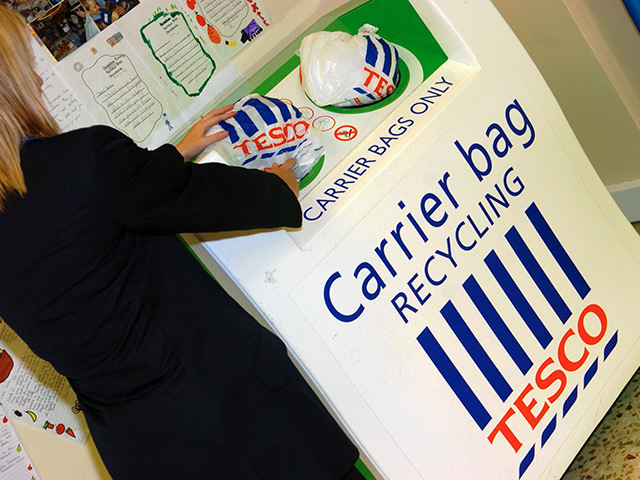
Plastic supermarket bags are a plague; they turn up just about anywhere. And maybe many of your mums and dads dutifully gather up your surplus bags and drop them off at your local supermarket in the hope that they eventually get reprocessed in some way.
But reprocessing plastics is not always that easy. It can be energy intensive.
However, researchers in India have developed a relatively low-temperature process to convert certain kinds of plastic waste into liquid fuel as a way to reuse discarded plastic bags.
That surely has to be good; yes?
Many pundits describe the present time as the “plastic age” for good reason as we generate so much waste.
Among that waste is the common polymer, low-density polyethylene (LDPE), which is used to make many types of container, medical and laboratory equipment, computer components and, of course, plastic bags.
Despite recycling initiatives, much of the polyethylene waste ends up in landfill, dispersed in the environment or in the sea.
However, the university team in India think they have cracked the processing problem.
Given that most plastics are made from petrochemicals, this solution to plastic recycling brings the life-cycle full circle allowing a second use as an oil substitute.
The process could, if implemented on a large enough scale, reduce pressures on landfill as well as ameliorating the effects of dwindling oil supplies in a world with increasing demands on petrochemicals for fuel.
In their approach, the team heats the plastic waste to between 400 and 500 Celsius over a kaolin (clay) catalyst.
This causes the plastic’s long chain polymer chains to break apart in a process known as thermo-catalytic degradation.
This releases large quantities of much smaller, carbon-rich molecules. The team used the analytical technique of gas chromatography coupled mass spectrometry to characterise these product molecules and found the components of their liquid fuel to be mainly paraffins and olefins.
This, they explain, makes the liquid fuel very similar chemically to conventional petrochemical fuels.
By adjusting their process, the India team believes that they can deliver 700 grams of liquid fuel for every kilo of waste; that is, a 70% conversion rate.
The promising trials continue.
Recommended for you
